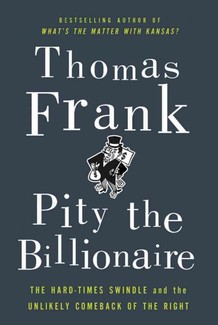I learned quite a bit about Apple from the NYTimes article by Duhigg and Bradsher. One particularly striking passage:
In mid-2007, after a month of experimentation, Apple’s engineers finally perfected a method for cutting strengthened glass so it could be used in the iPhone’s screen. The first truckloads of cut glass arrived at Foxconn City in the dead of night, according to the former Apple executive. That’s when managers woke thousands of workers, who crawled into their uniforms — white and black shirts for men, red for women — and quickly lined up to assemble, by hand, the phones. Within three months, Apple had sold one million iPhones. Since then, Foxconn has assembled over 200 million more.
This discussion about the flexibility of Chinese labor highlights that the lack of American competitiveness is not simply due to high wages and living standards in the U.S. It is the entire supply chain that makes production in China so appealing to firms. Americans would protest living in a dorm attached to their factory and being woken up at midnight to start a 12 hour shift. But that is exactly what makes China so enticing for businesses.
Yves Smith fills in much of what the article left out. But here I want to make a connection to economic theory. This article reminded me of my undergraduate macroeconomics course in the Spring of 2008. The economic crisis was just setting in, and one of my classmates asked the professor if the solution was simply to cut wages, so that American firms would be competitive again. The professors answered: “Yes. That’s right.” End of story. The same professor repeated this claim in a panel discussion on the crisis, claiming that decreasing the prices of factors of production will make U.S. firms globally competitive once again. Duhigg and Bradsher demonstrate the danger of assuming away production to a black box “production function.” The production function approach ignores supply chains and institutional arrangements surrounding production, and leads certain economists to make quite silly proclamations. Cutting wages in the U.S. will not make U.S. factories more competitive; China has an entirely different supply chain that simply does not exist in the United States.
One person who does study global supply chains and institutional arrangements is economic sociologist Gary Gereffi (note: again, interesting economics happening outside of economics departments). He also directs the Center for Globalization, Governance and Competitiveness at Duke University, which has mapped Global Value Chains in North Carolina. (The website is quite fascinating to explore.) This approach to studying the global economy looks at the supply chains, and where each stage takes place and how much value is added at each step in the process. This is a type of economic analysis, very different from what academic economists do, that should prove more useful in understanding global competitiveness and production.


